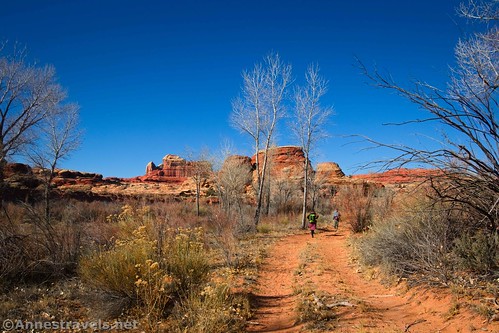
Last week, I wrote about how laziness vs. rest is an obedience stance: Are we living out our “yes” to God while resting, or are we being lazy and ignoring or intentionally disobeying what God is telling us to do?
This is often fairly clear-cut when it comes to ministry and work. But what happens when we apply this to specific instances or activities that are voluntary in the first place?
For example, let’s say that I’m out on a trip collecting trail information for my blog. I’ve had a hard few days of hiking, and I’m tired. Should I continue to work (hike) – after all, that’s God’s call on my life for this season – or should I rejuvenate myself by choosing to either take a day off or hike an easier trail that will make for a lesser blog experience?
Looking at what I’ve just accomplished, there’s no question that I haven’t been lazy for the last few days. And yet I still want to be obedient and not reap the downsides of either pushing myself too hard or skipping what God has called me to do.

I’ve found in life that there are three parts of me that can become tired: My physical body, my mental faculties (brain), and my emotions. Any three of these can become weary while the others remain primed and ready to go. If only wear out one (or sometimes two) of these three parts of me, I can feel very tired and yet also unbalanced – my mind is exhausted, but my body wants exercise. My body is physically weary, but my emotions or mind are feeling like they’re atrophying because my work has been pretty mindless.

This is part of why hiking is so helpful – it stimulates our bodies physically; our brains are active and pulling in new sights; and our emotions are both renewed by being in the wilderness and also exercised as we make choices and enjoy nature.
Sometimes, we find that we’re tired when we really need to stimulate one or another part of ourselves. Being able to separate bodily, mental, and emotional weariness can help us exercise one or another or rest the weary facility. This in turn helps us truly rest, because we’ll be resting more than one part of ourselves at the same time. (It’s hard to physically rest when our minds are dying for something interesting to engage with.)
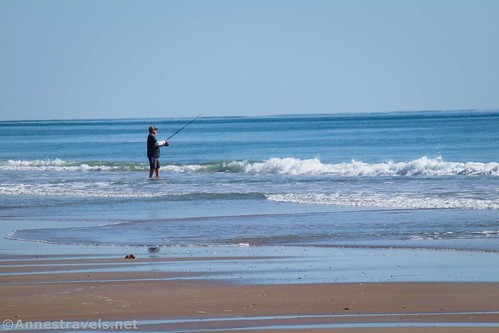
Here are a few questions you can ask yourself to help clarify whether it’s time to rest or to run (figuratively speaking):
1. Am I doing this to prove my identity? Is my identity in the accomplishment? Or am I resting in my identity and this is something external? (Chances are if your identity is in the accomplishment, you need to rest or at least reset your perspective.)
2. Just what is in need of rest here – emotional, physical, or mental? Will exercising one or both other faculties help rest the one that’s weary?
3. Why is my body feeling like resting? Is it because I’ve been working hard or been very busy recently, or is it just feeling sluggish today?
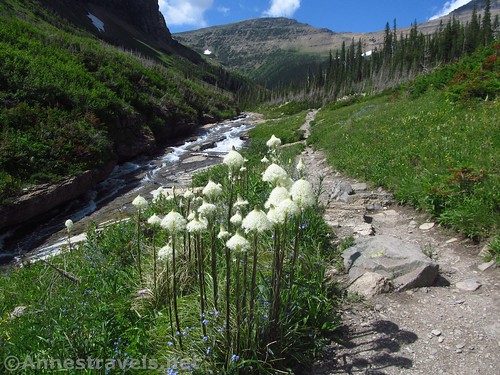
4. Is this necessary to do right now?
5. Am I going to regret doing (or not doing) this thing right now?
6. What will I gain by doing this?
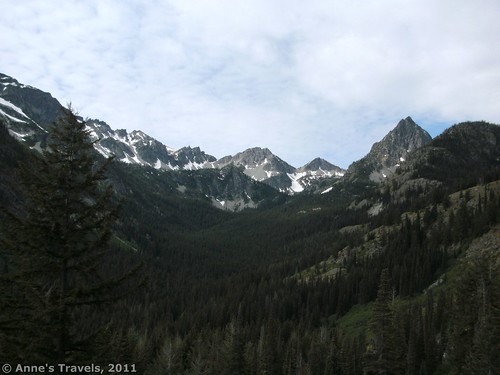
7. Is what I gain bringing me closer to a goal, or is it just busy work?
8. Which is more important right now: Resting or reaching the goal? (This helps to remember the “why” – for example, I’m out here taking down GPS coordinates because it’s vital for my blog. Taking the coordinates in itself is not valuable to me, but the ultimate goal – the “why” – is very inspiring when I don’t feel like pulling out the GPS… again.)
9. Is it helping another person? Is helping this person important to my overall life? (For example, helping a son, daughter, or spouse is much more important than helping out a random person you met last week, as much as helping that person may be a good thing to do.)
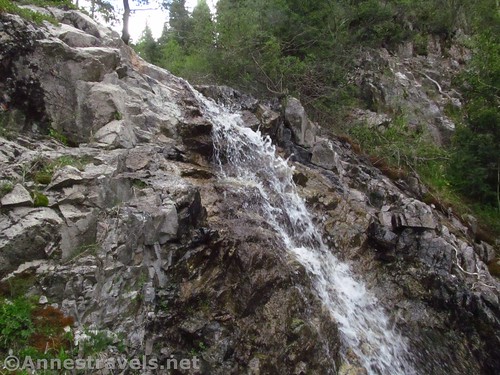
Remember, rest isn’t necessarily a reward for hard work. Nor is laziness a beneficial attribute in anyone. Training yourself in how to listen to your body, mind, and emotions and practicing learning when to rest and when to push ahead and overcome sluggishness or laziness will help you grow and gain a better perspective in the future.
It is vain for you to rise early, To retire late, To eat the bread of anxious labors— For He gives [blessings] to His beloved even in his sleep. (Psalm 127:2).
There is profit in hard work, but mere talk leads to poverty. (Proverbs 13:32)
Let’s not get tired of doing good, because in time we’ll have a harvest if we don’t give up. (Galatians 6:9)

